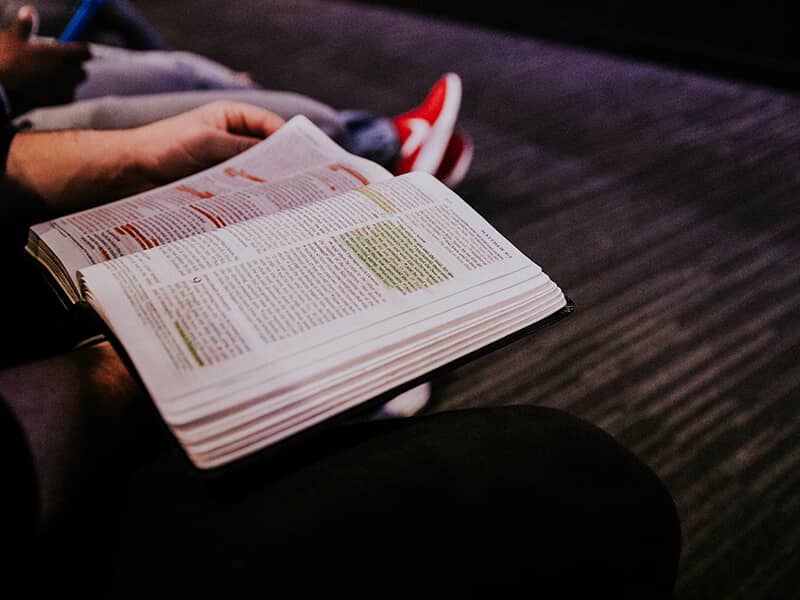Apparently so, based on evidence about the childhoods of people who rescued Jews and other persecuted people during the Nazi era. Researchers have compared the early lives of "bystanders," who didn't protect others, with the childhood recollections of heroes.
There's a definite profile for future heroes, says sociologist Samuel Oliner, co-author of The Altruistic Personality (Free Press). With his wife, Pearl Oliner, he has studied 800 rescuers and 250 bystanders. Among key differences between those who acted and those who did nothing:
"They were Christians with a capital C, not the kind who came home and made racist remarks," Oliner says.
Elizabeth Midlarsky, a Columbia University psychologist, has studied 98 Holocaust heroes, looking at how their families compared with those of neighbors who didn't step forward to help save lives. The heroes came from more affectionate homes, and every single one reported having role models, usually helpful people devoid of bigotry. Bystanders rarely said they had role models, Midlarsky says. Also, the families of future heroes did more activities together and spent more time talking, perhaps amplifying the parents' positive influence.
Heroes learn empathy and social responsibility at home, she says. "They grow up to feel they must be their brother's keeper."

